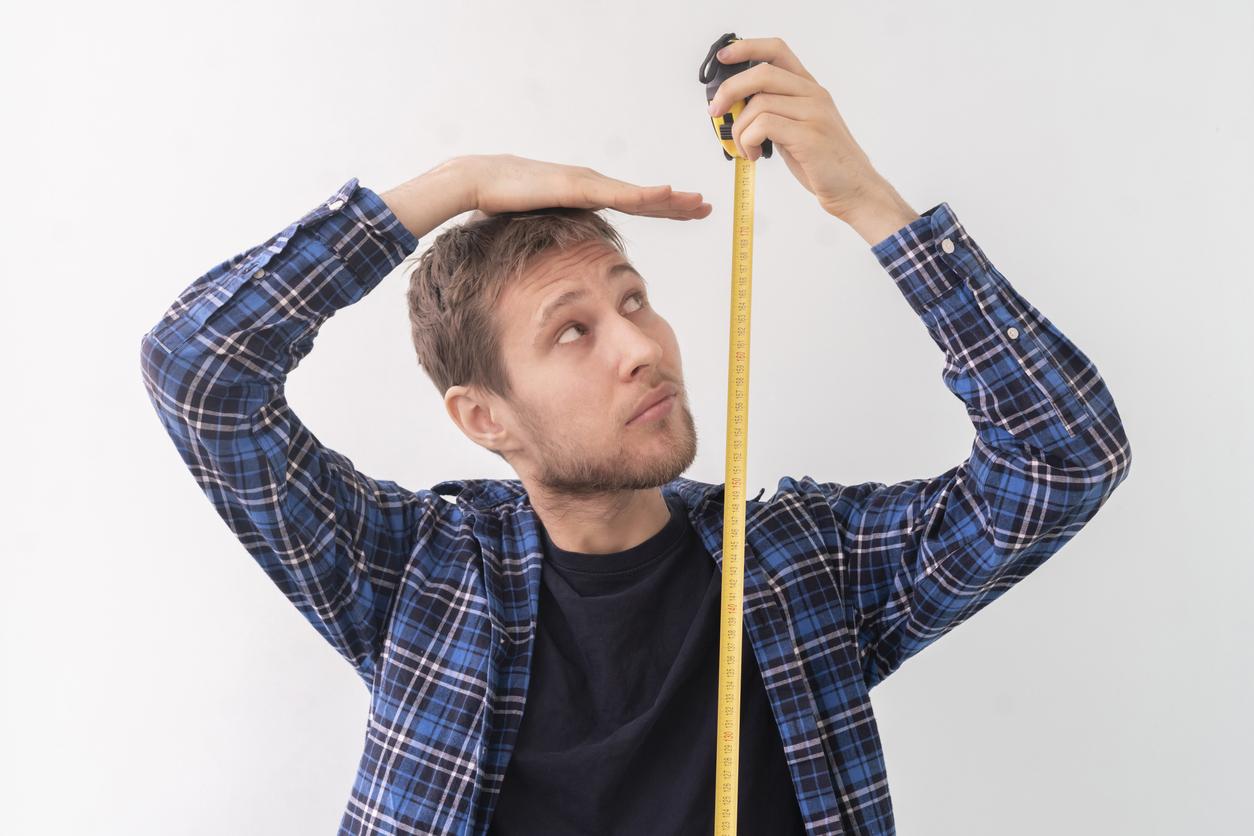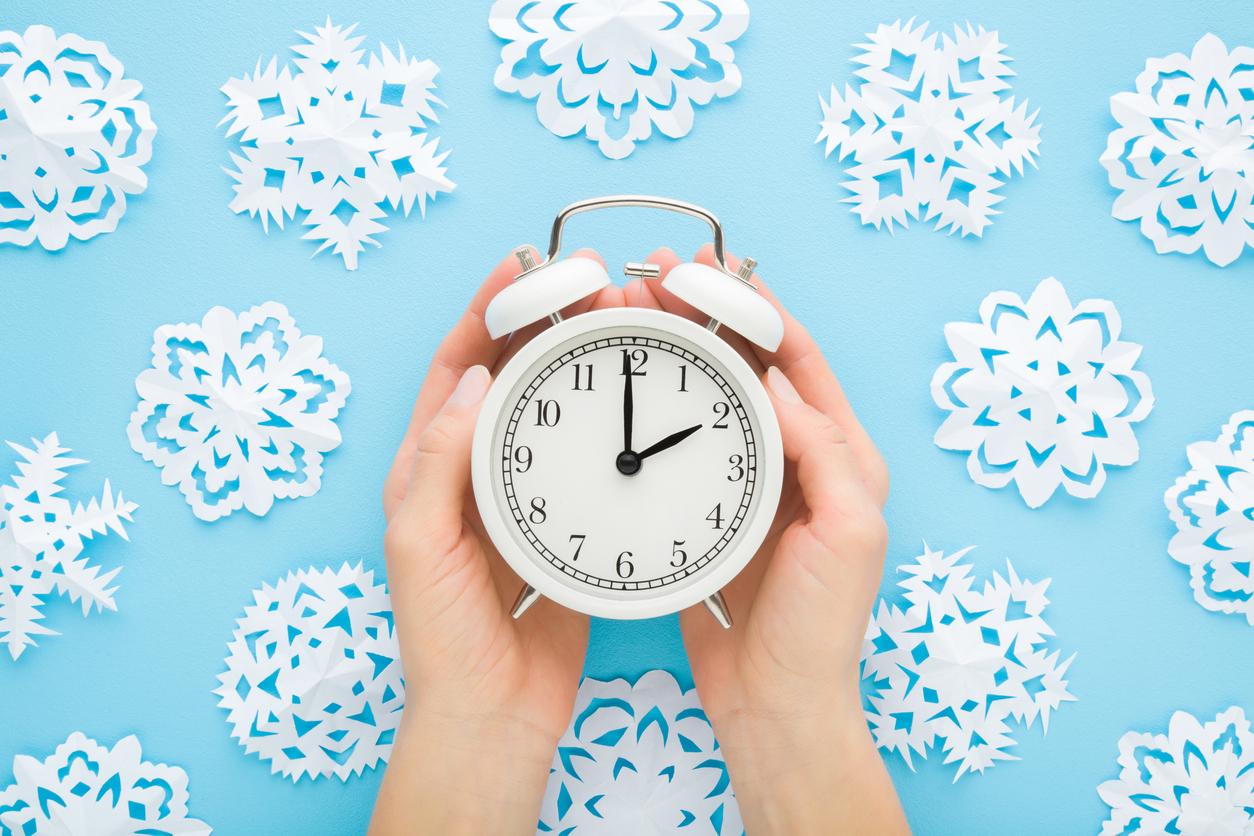The partners met through a mobile dating application would display the same level of satisfaction with their relationship as the others. Moreover, this mode of operation would allow more diversified couples to be created.

In recent years, dating sites have revolutionized the world of seduction. In 2019, 26% of French people had already been registered in the last ten years, a figure that has doubled since 2006. This boom is largely explained by the explosion in the number of smartphones and mobile applications that mainly attract young people. Today, if one in four people in France is registered on a dating site or app, it is especially among 18-34 year olds that this is played out since they are more than 40% to be concerned and 25% to have paid for premium offers. Faced with this new trend, many people have cried wolf, some denouncing a “bargaining of bodies” on Tinder-type apps and others assuring that this new mode of interaction would destroy love. However, according to a study published on Wednesday 30 December in the journal Plos One, it is not so.
To reach this conclusion, researchers from the University of Geneva (UNIGE) in Switzerland collected information on couples formed through a dating application. Result: the latter had more important intentions of cohabitation than the couples who had met “in real life”.
“The study does not say whether their final intention was to live together in the long or short term, but given that there is no difference in the intention to marry, and that marriage is always an institution central Switzerland, some of these couples probably see cohabitation as a trial period before marriage. This is a pragmatic approach in a country where the divorce rate is consistently around 40%”comments Gina Potarca, researcher at the Institute of Demography and Socio-economics of the Faculty of Social Sciences at UNIGE.
More diverse couples
Women who found their partner via an app also had a stronger desire for a child than the others. They were indeed planning more to have a child in the near future. Moreover, the partners met through digital expressed the same level of satisfaction with their relationship as the others. Finally, these applications would allow more diverse couples to be created. Because they allow people who are geographically distant or from a completely different social class to meet when it would never have happened otherwise.
“The Internet profoundly transforms the dynamics of datingdevelops Gina Potarca. It offers an unprecedented abundance of dating opportunities, and involves minimal effort and no third-party intervention.”
“Much of the media says “ than apps like Tinder where people swipe from photo to photo”have a negative effect on the quality of relationships because they make people unable to invest in an exclusive or long-term relationship. So far, however, there is no evidence that this is the case”continues the scientist.
Another interesting observation: while the traditional dating sites that preceded these mobile applications mainly attracted people over 40 and/or divorcees looking for a commitment, these new models have appealed to young people. “By eliminating the lengthy questionnaires, self-descriptions, and personality tests that dating site users typically have to complete to create a profile, dating apps are much easier to use. This has made it possible to normalize the act of online dating and to open its use to the youngest categories of the population”explains Potarca.
Results to be taken with tweezers
If this study has something to restore the image of “dating” apps, many studies have however highlighted the perverse aspects of this mode of dating. Indeed, according to a study published in November in cyber psychology, Behaviorand Social Networking, dating sites and depressive symptoms were largely associated. “However, we cannot determine whether people with significant symptoms of anxiety and depression are more likely to use dating apps, or whether people become more anxious and depressed as a result of their use of dating apps. noted the researchers. Our results suggest that the extent and motivations for using dating apps are associated with symptoms of anxiety and depression.” they concluded.
In 2015, an iFop survey conducted on French people showed that dating sites were mainly used for sex and just sex. Thus, between 2012 and 2015, the proportion of users of these sites admitting to only looking for “one-night stands” increased from 22% to 38%. What’s more, a quarter of the registrants said they had already had sex through a dating site. According to the researchers, these results “confirm the idea (…) quite widespread” than “these new dating territories are more conducive to the recruitment of casual partners than to the formation of couple relationships”. And to conclude:Dating sites participate, more than any other mode of meeting, in the emergence of a ‘hookup culture‘ in which sexuality is totally dissociated from conjugality.”
.
















